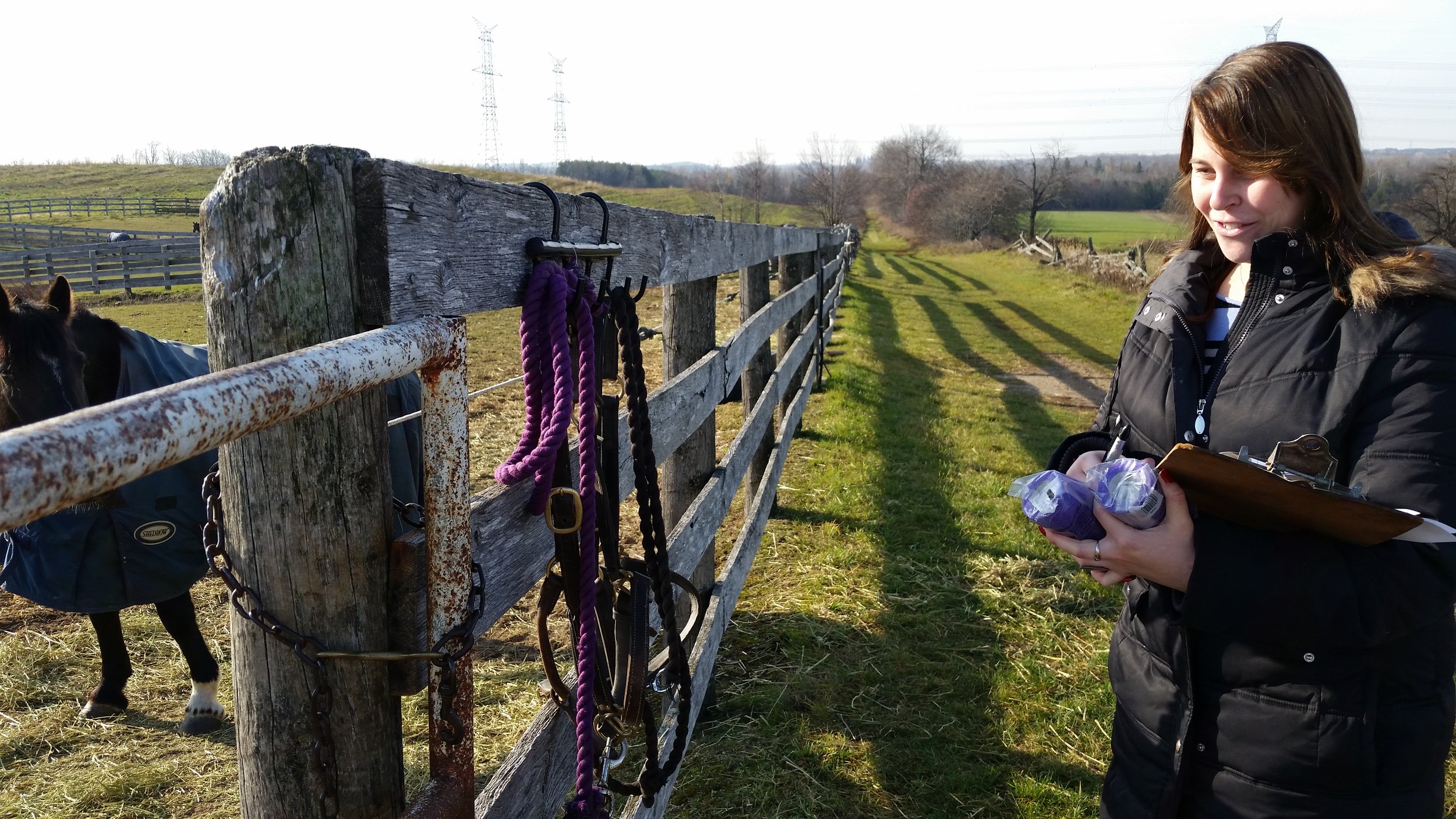We are looking for a new PhD student with an interest in horses!
PhD student - Equine Network Epidemiology and Biosecurity (ENEBT) Team
The Mathematical Epidemiology Laboratory, University of Guelph
Application Deadline: June 30, 2019
Applications are invited for a PhD position in veterinary epidemiology and mathematical modeling in the Mathematical Epidemiology Laboratory (www.mathepilab.org) at the Ontario Veterinary College, University of Guelph. The successful applicant will be involved in a research program that will apply quantitative methods to the area of equine infection control and biosecurity. The project will be co-supervised by Dr. Amy Greer and Dr. Terri O’Sullivan who co-lead the ENEB team at the Ontario Veterinary College.
Applicants should have significant experience in veterinary medicine, epidemiology, and/or population health. The successful candidate will have excellent English language communication skills (both verbal and written), strong analytical skills, and experience conducting research in a highly interdisciplinary environment. Prior experience with R and working with horses and/or horse owners would be considered an asset. Preference will be given to applicants who also hold a DVM degree and who have experience working with veterinary professionals in a research environment.
The starting date is September 2019 (contingent on funding), or as soon as possible thereafter.All qualified candidates are encouraged to apply; however, Canadians and permanent residents will be given priority. Review of applications will begin immediately and continue until the position is filled. Incomplete applications will not be considered and only selected applicants will be contacted for an interview.
How to apply:
Applicants should first review the Graduate Studies website to ensure that they meet the requirements for admission to our graduate program (https://www.uoguelph.ca/graduatestudies/). Applicants must submit a cover letter that specifically addresses the applicants interest in equine epidemiology and biosecurity, a recent curriculum vitae, and a copy of their academic transcript (unofficial is fine). Applicants should also submit contact information for at least two individuals who can provide letters of recommendation to Dr. Amy Greer.










